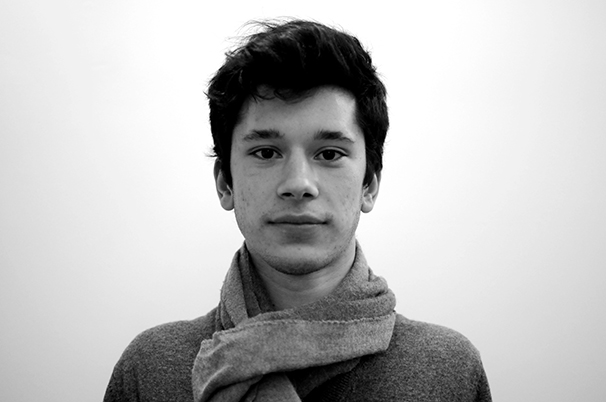The biggest elections in history began on April 7 in India. Because a record 815 million voters are expected at the polls, the election process will last five weeks. The two main parties are the Hindu nationalist Bharatiya Janata Party and the Indian National Congress Party, and the candidates are Narendra Modi and Rahul Gandhi, respectively. Under Modi’s influence as chief minister of the Gujarat region in western India, Gujarat has developed into an industrial and economic center. While Gandhi is the great-grandson of India’s first prime minister, he has limited political experience. Modi deserves to be India’s next prime minister, and for good reason.
Several themes have emerged in this election, the most fundamental of which are corruption and economic development. Research conducted by Transparency International ranked the developing country 94 out of 177 countries in terms of political corruption. The incumbent government, dominated by the CP, has been plagued by much misconduct. During the current president’s tenure alone, it is estimated that politicians and officials have taken between $4 and $12 billion in bribes. Whereas CP and Gandhi’s coalition are shamed by dishonesty, Modi and the BJP are not. Economically, Modi is pro-business, as evidenced by the work he did in Gujarat. He opened up the region to investment, greatly increasing its revenue. Indians are hoping he will be able to replicate such success on a nationwide scale. Gandhi’s economic plans are less clear. He claimed that poverty is a “state of mind” that can be overcome with self-confidence.
There is one big issue with Modi’s political resume, however. In 2002, while serving as chief minister of Gujarat, Modi was accused of allowing, and perhaps even motivating, a Hindu rampage against Muslims which left 1,000 dead. Though the Indian Supreme Court acquitted Modi from responsibility, memories of the incident have tarnished his image. Modi’s strong Hindu belief is well documented and is a source of concern for a large demographic of voters. The hope is that his way of thinking will not further divide India’s Hindus and Muslims, but 2002’s massacre makes that wish seem naive and unlikely. Already precarious India-Pakistan relations would suffer.
Putting this tragic reservation aside, the 2014 Indian elections between Modi and Gandhi should go to the former candidate, a man who is better suited to accelerate India’s economic development. Modi’s election to office would be an important first step for quickly growing and developing India, and a refreshing change of pace from its corrupt political past. Modi is the right choice for India, though not the perfect one.

























































































































































